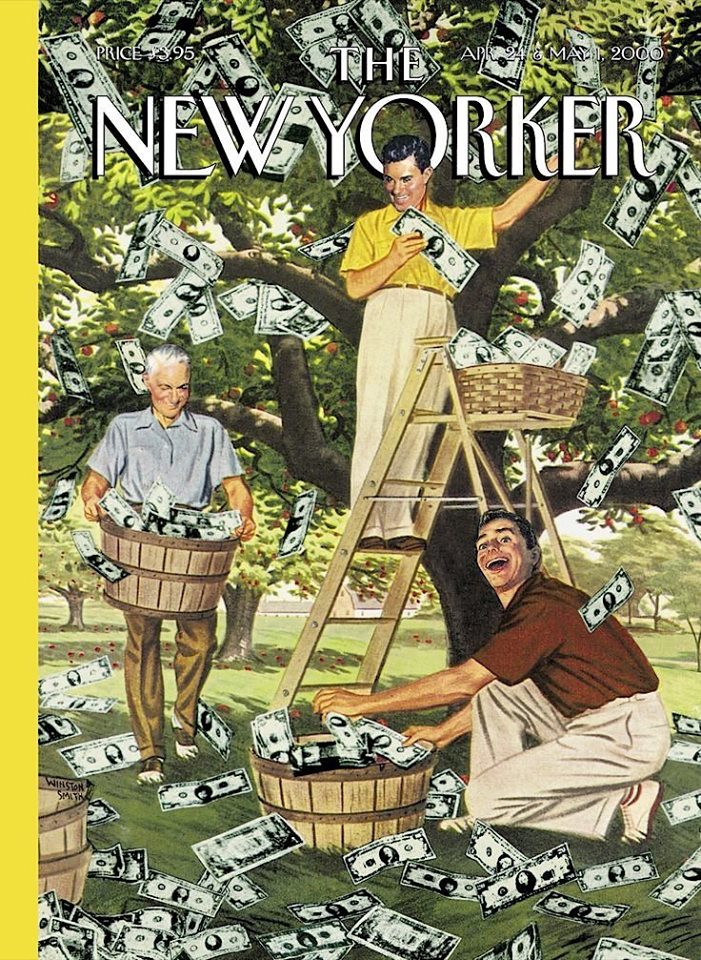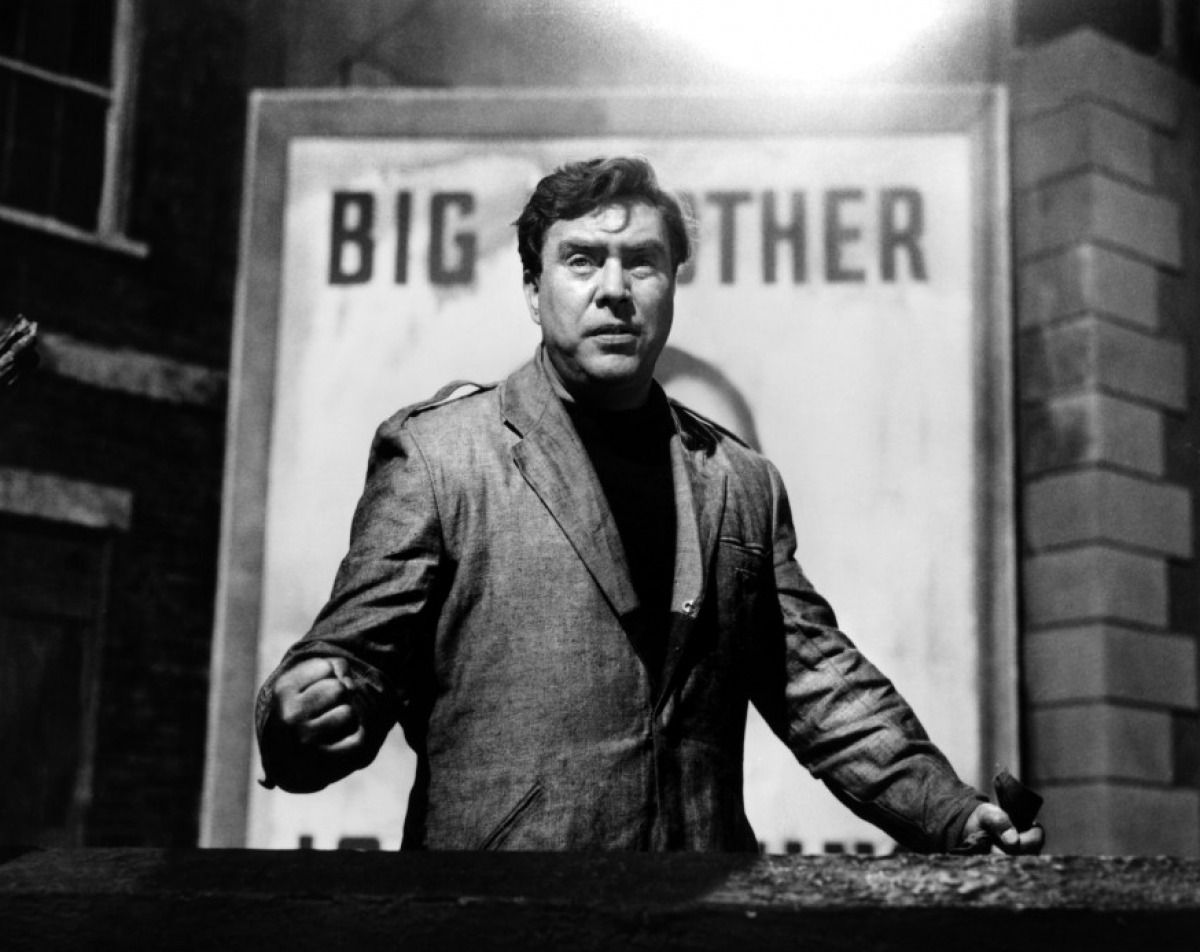
He is drawn to them yet simultaneously mistrusts them and their power to control him. He admires their beauty but also acknowledges that they can be a source of pain and manipulation. Big Brother sees women as unimportant and disposable tools for procreation.įrom his own perspective, Winston has a complicated view of women. They are presented with limited choices and are expected to adhere to a certain set of rules. Through the lens of Big Brother and the Party, women are seen as subservient and inferior to men. He reflects on how women are viewed by society and himself. Winston’s opinion of women in 1984 is complicated. This is something that Smith cannot handle and that he projects onto all the women he meets, including Julia (at first, that is). Overall, Katharine is a perfect example of a Party wife, someone who is fully devoted to the role that the Party wants women to play in a relationship. She also shows disdain for any kind of physical contact, whether it’s hugging or even holding hands. She never expresses any sort of love or affection towards Winston and is instead very critical and judgmental of him. Katharine believes that marriage should only be for procreation and views sex as a necessary evil. She was physically attractive, but her lack of emotional depth was a major turn-off for Winston.

Winston remembers her as a shallow, unemotional woman who was obsessed with Party doctrines and obedience to authority. Katharine is Winston’s ex-wife, and she plays an important role in the novel 1984. In her mind, she feels no connection to her husband Winston and views their relationship as being purely transactional, with little emotion involved. She believes that the Party’s doctrine is absolute truth, and as such, she has accepted it without question. Throughout the novel, Smith conveys Katharine as rarely showing any emotion or passion in her life. But curiously enough it was Katharine who refused this. But even then he could have borne living with her if it had been agreed that they should remain celibate. It was extraordinarily embarrassing, and, after a while, horrible. She would lie there with shut eyes, neither resisting nor co-operating but submitting. The rigidlty of her muscles managed to convey that impression. And what was strange was that even when she was clasping him against her he had the feeling that she was simultaneously pushing him away with all her strength. To embrace her was like embracing a jointed wooden image. Here is another good quote from Chapter 6 that depicts how Katharine behaved while they tried to make a child:Īs soon as he touched her she seemed to wince and stiffen. She refused to discuss their relationship or express any real emotion, which drove a wedge between them. She was a faithful Party member and demanded obedience from Winston, which made him feel isolated and frustrated. Katharine’s relationship with Winston was cold and strained. In the novel, Orwell reveals that Katharine is a product of Party conditioning, having been brought up to conform to the Party’s standards and ideals. Katharine is described as an “icy” and “priggish” woman with a “vapid” personality and a general lack of emotion. Katharine is an interesting character in Orwell’s novel 1984. She is introduced as Winston Smith’s wife, but the two are estranged. Winston was married - had been married, at any rate: probably he still was married, so far as he knew his wife was not dead. When thinking about her, Winston’s anger toward her comes through in his seeming disregard. She follows the rules of the Party without hesitation or questioning and believes that the Party is always right. She has accepted the Party’s propaganda as truth, and as such, she has no interest in freedom or rebelling against Big Brother.

Katharine is a young woman who is cold and distant from her husband, Winston. Despite her passive role in the novel, she’s an important character because she symbolizes the ideal of a model citizen under the oppressive regime of the Party. Katharine is a minor character in George Orwell’s classic novel 1984. She is the wife of the protagonist, Winston Smith.

Katharine would very likely have a different understanding of why her marriage to Winston Smith didn’t work out. This means that readers only hear one side of the story of their relationship. She’s only referred to in passing and through the lens of Smith’s experience. Katharine is not an active character in the novel.


 0 kommentar(er)
0 kommentar(er)
